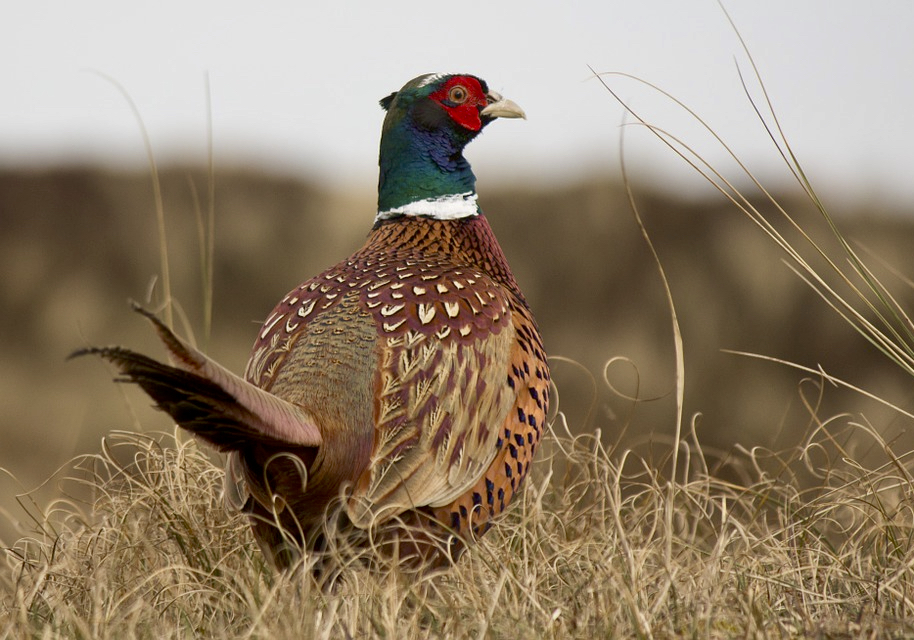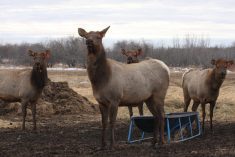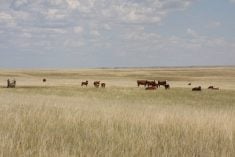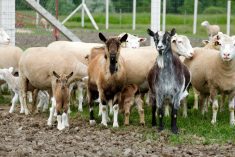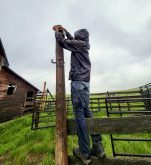A ditch may not look like much — but for many game birds it’s a little strip of paradise in an otherwise hostile world.
However, producers often decide to farm ditches and rights-of-way — a practice known as ‘trespass farming.’
But a conservation group called Pheasants Forever Calgary is hoping to change attitudes about this practice, and let these narrow strips of land serve wildlife, society and farmers.
“What we’re doing is an awareness campaign of the natural benefits that healthy ditches and rights-of-way provide to society, said Perry McCormick, the managing director of Pheasants Forever Calgary.
Read Also

The long march to autonomy
The big players in the machinery market keep adding pieces towards autonomous vehicles for farming, but how far away is a final product?
There are actually several.
“Ditches and rights-of-way provide many things,” said McCormick. “The primary thing that they bring is the filtering of products and nutrients off of cultivated fields. This can be anything applied to a field, including fertilizers.
“With 85 per cent of wetlands lost on the Prairies, we know that ditches replace wetlands as the primary defence for purifying water.”
Vegetation helps to slow down water flow, and when it’s been cut down, water (and the nutrients it carries) can rush straight into creeks or lakes with the nutrients causing blue-green algae blooms.
“It’s far better to keep that fertilizer in the ditch to grow some nice, healthy vegetation so we can sequester carbon,” he said.
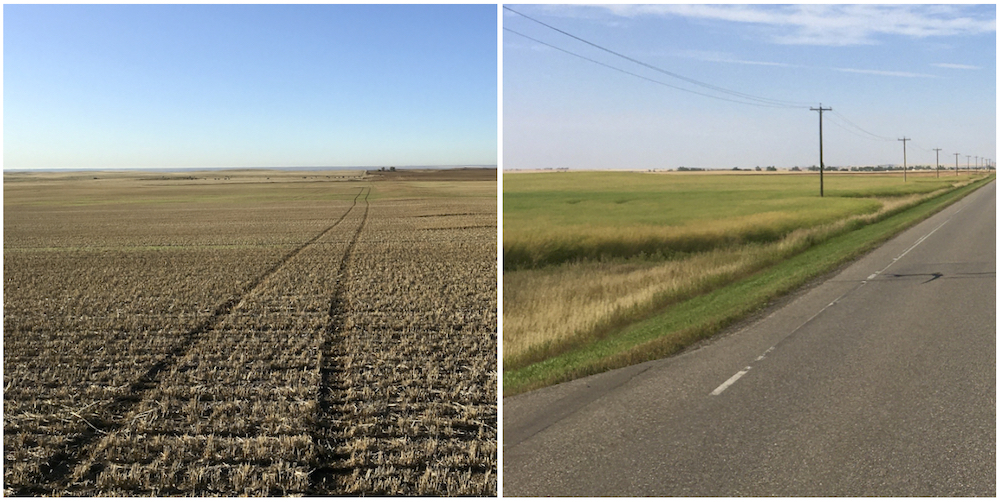
The vegetation is critical habitat for insects and pollinators, and in enhancing biodiversity by serving as a home for mammals, birds and upland game birds, he added. Many species nest in shrubs and trees, and the vegetation provides cover from sharp-eyed predators.
Pheasants Forever Calgary was recently awarded a grant of $256,000 from the provincial Ministry of Environment to raise awareness of the benefits provided by both ditches and rights-of-way.
The latter (the 66-foot-wide right-of-way the province keeps for gravel roads between sections) has an even lower profile because often the roads were never built.
“Most of those are simply a trail between two fields that doesn’t have a road on it,” said McCormick.
So often when a producer buys an adjacent quarter with a right-of-way between them, a single continuous field is created. But rights-of-way are public lands and not meant to be farmed, he said.
The awareness campaign (which will focus on southern Alberta) won’t be about calling out trespass farming or criticizing producers who have taken advantage of the lax enforcement regarding these public lands.
Instead, the focus will be how these strips of land help the environment and species such as the endangered ferruginous hawk and loggerhead shrike (a species of concern) as well as the overall benefit for people, said McCormick.
“We’re just trying to make people aware,” he said, adding the publicity campaign will begin this winter. Producers can expect to see messaging from February to April over the next few years.
Pheasants Forever Canada was formed in 1992 in response to the decline of the Chinese ring-necked pheasants and other upland game bird populations in Western Canada. There are three chapters of Pheasants Forever in Alberta.


